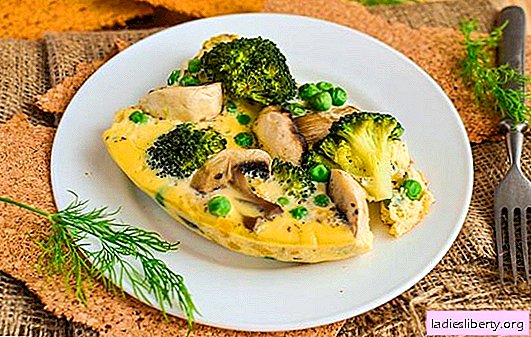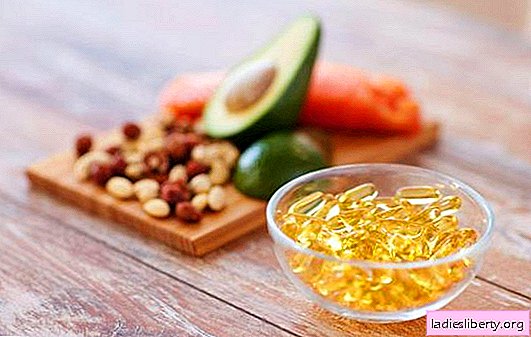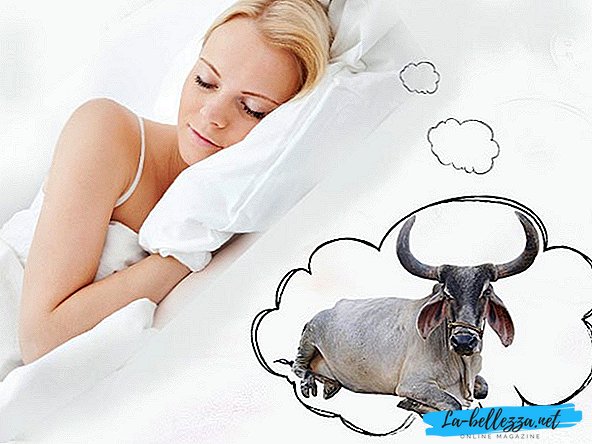
Parents whose children eat vegan or vegetarian foods should seek advice from nutritionists. Infants and girls with menstruation have an increased need for iron. In the absence of animal products, there is a high risk of developing vitamin B12 deficiency.
Why should I consult a pediatrician?
The Vegetarian Association in Germany estimates that about 10% of the population consume vegetarian food and 1% consume vegan food. Pediatricians are increasingly taking care of families who feed their children vegetarian dishes.
The Nutrition Commission of the German Society for Pediatrics and Youth Medicine (DGKJ) published an opinion on the nutrients of a child in a vegetarian diet. First, the authors point out methodological problems based on the assessment of various diets in childhood and adolescence. Only a few studies have been conducted on the characteristics of such diets and their impact on children's health. Many studies were conducted in Russia at the end of the XX century.
DGKJ nutrition experts come to specific statements. A balanced lacto-ovo-vegetarian diet is a "healthy alternative" to regular, meat-containing foods. It covers the full range of nutrients that children and adolescents need. However, children are advised to consume more iron in order to compensate for its lower bioavailability from plant sources.
Nutrient deficiency affects even infants if a woman avoids animal products. With a vegetarian diet during pregnancy, newborns developed severe neurological diseases.
Is B12 deficiency the most common problem?
Vitamin B12 (cobalamin) is important for the synthesis of DNA - a carrier of genetic information. Cell division requires a sufficient amount of vitamin. With a deficiency, a violation of cell division is observed in rapidly dividing immature red blood cell progenitor cells in the bone marrow.
However, the formation of hemoglobin in red blood cells is not disturbed. Since cells can divide less frequently, this leads to the formation of very large progenitor cells (megaloblasts) of red blood cells. Large cells already in the bone marrow have increased degradation (inefficient blood formation), which causes bleeding. Subsequently, there is also a deterioration in the formation of white blood cells and platelets. In children, the immune system is deteriorating.
Vitamin B12 is found mainly in foods of animal origin, especially in the liver. The daily requirement is very low (2 to 3 micrograms). Even if the child stops taking vitamin B12 in one day, the deficiency will develop only after 2-3 years.
Children who choose a pure vegetarian diet without any animal food should also take vitamin B12.
Without consecutive supplements, vegan diets lead to a lack of vitamin B12 in the long run.
The most recommended form of cobalamin administration is intramuscular injection. When taken by mouth, a vitamin substance is poorly absorbed. Symptoms of a deficiency of cobalamin are fatigue, tachycardia and pallor. With developed hypovitaminosis or vitamin deficiency, you need to see a doctor.
What other nutrients does the baby need?
Vegans should pay special attention to consumption. iron, zinc, iodine, DHA, calcium, protein and calorie intake. It is necessary not to create a risk of developing serious clinical consequences - impaired development of bones, muscles or connective tissue.
Zinc is a trace element that is in short supply in children adhering to the vegan diet. Eating food supplements can compensate for a micronutrient deficiency.
According to doctors, iodine deficiency is most often underestimated - not only in the vegan diet. Western Europeans who do not eat vegetarian food are especially affected.
Calcium deficiency it is difficult to measure in the blood, since the level of the hormone of the parathyroid gland constantly regulates its concentration. Therefore, an electrolyte deficiency is extremely difficult to detect in research.
It’s also difficult to determine amino acid deficiency. To do this, the doctor will have to do a biopsy, which is not part of the usual screening. However, a balanced high-calorie diet of corn, soy and cereals is enough to eliminate protein deficiency.











